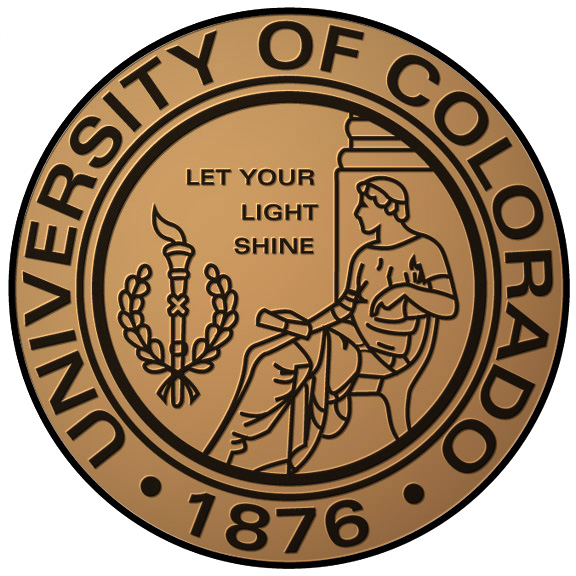Lemon Market Theory

Information Asymmetry Theory
Acronym
LMT
Alternate name(s)
Lemon Theory, Information Asymmetry
Main dependent construct(s)/factor(s)
Price premium, consumer choice, product returns
Main independent construct(s)/factor(s)
- product type, product quality/fit uncertainty, seller uncertainty
Price of product
- Acclaimed product quality by selling party
- Expected/perceived product quality by buying party
- Actual quality of the product
- Average market price of the product
Concise description of theory
In 1970 George Akerlof published a ground breaking paper about the consequences of information assymetry. The full title is : 'The Market for Lemons: Quality Uncertainty and the Market Mechanism'.
In markets where it is impossible to asses the quality of a product/service, where, so to say the seller of the product has more information than the buyer, the market will gradualy deteriorate and maybe even eventually dissapear altogether.
The main issue is that quality is unassesible beforehand, thus giving sellers incentives to present the product/service as being of higher quality than it actually is. The buyer, however, knows this and will take the average quality of the market into consideration. This will have as a result that high quality products/services will leave the market, since they will only sell for average market quality goods.
Therefore the average market quality will deteriorate and the market will shrink.
The paper also talks about the 'cost of dishonesty'. The cost of dishonesty, therefore, lies not only in the amount by which the purchaser is cheated; the cost also must include the loss incurred from driving legitimate business out of existence.
The name is derived from the main example Akerlof uses in his paper. He explains his theory with the used cars market, in which a bad car is called a 'lemon'.
Diagram/schematic of theory
N/A
Originating author(s)
George Arthur Akerlof
Seminal articles
Akerlof, G. A. (1970). The market for" lemons": Quality uncertainty and the market mechanism. The Quarterly Journal of Economics, 488-500.
Originating area
Economics
Level of analysis
Market, individual firms, products
IS articles that use the theory
Pavlou, P. A., Liang, H., & Xue, Y. (2006). Understanding and mitigating uncertainty in online environments: a principal-agent perspective. MIS Quarterly,31(1), 105-136.
Dimoka, A., Hong, Y., & Pavlou, P. A. (2012). On product uncertainty in online markets: theory and evidence. MIS Quarterly, 36(2), 395-426. Link
Backhouse, J., Hsu, W.Y., Tseng, J., Baptista, J. (2005) "A Question of Trust - An economic perspective on Quality Standards in the Certification Services Market". Communications of the ACM. September, ISSN 0001-0782
Kim, Y., & Krishnan, R. (2013). On Product-level Uncertainty and Online Purchase Behaviour: An Empirical Analysis. Management Science. Link
Ghose, A. (2009). Internet exchanges for used goods: An empirical analysis of trade patterns and adverse selection. Mis Quarterly, 263-291. Link
Hong, Y., & Pavlou, P. A. (2014). Product Fit Uncertainty in Online Markets: Nature, Effects, and Antecedents. Information Systems Research, 25(2), 328-344. Link
Links from this theory to other theories
Principal-agent theory, Agency theory, Seller uncertainty, product quality uncertainty, product fit uncertainty, trust
Adverse selection
Moral hazard
External links
[1], Wikipedia entry on the market for lemons
Original Contributor(s)
Bart Verplancke mailto:bart.verplancke@howest.be
Jan Devos mailto:jan.devos@howest.be
Please feel free to make modifications to this site. In order to do so, you must register.
Return to Theories Used in IS Research